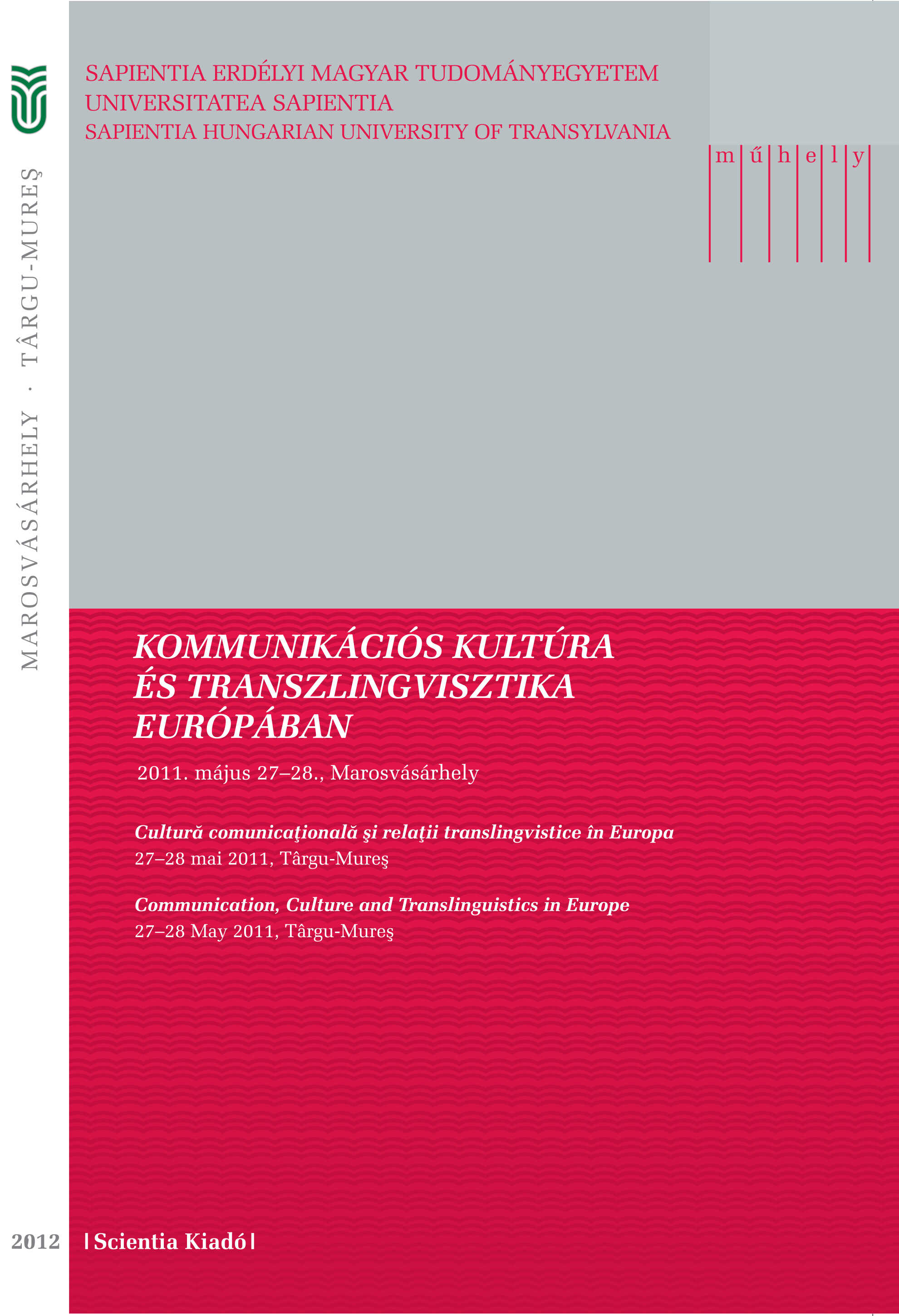A TÖBBNYELVŰSÉG HAGYOMÁNYÁNAK ALAKULÁSA A MAGYARORSZÁGI ZSIDÓ ÉRTELMISÉG NÉGY NEMZEDÉKÉNEK ÉLETÉBEN A 18. SZÁZAD VÉGÉTŐL A 19–20. SZÁZAD FORDULÓJÁIG
TRADITIONS OF MULTILINGUALISM IN EUROPEAN CULTURE
Author(s): Katalin Fenyves
Subject(s): Language and Literature Studies
Published by: Scientia Kiadó
Keywords: Jewish multilingualism; József Szinnyei; Yiddish mother tongue;
Summary/Abstract: My paper intends to demonstrate the changes in Jewish multilingualism from the Jewish Enlightenment to WW I based on two types of subjective sources: the literary lexicon from József Szinnyei and memoirs of Jewish intellectuals working in 19th century Hungary. During the lifetime of these four generations, the initial situation of multilingualism (Yiddish mother tongue, Latin scientific prose, Hebraic and German Enlightenment, and Hungarian acculturation)underwent several transformations due to secularization, religious reform, and the struggles for emancipation. The result, a proud Hungarian monoligualism, can be accounted for the marginalization of the Hungarian Jews in the mainstream international Jewish (Yiddish, Hebrew, German, and English) discourse.
Book: Kommunikációs kultúra és transzlingvisztika Európában
- Page Range: 25-34
- Page Count: 10
- Publication Year: 2012
- Language: Hungarian
- Content File-PDF

